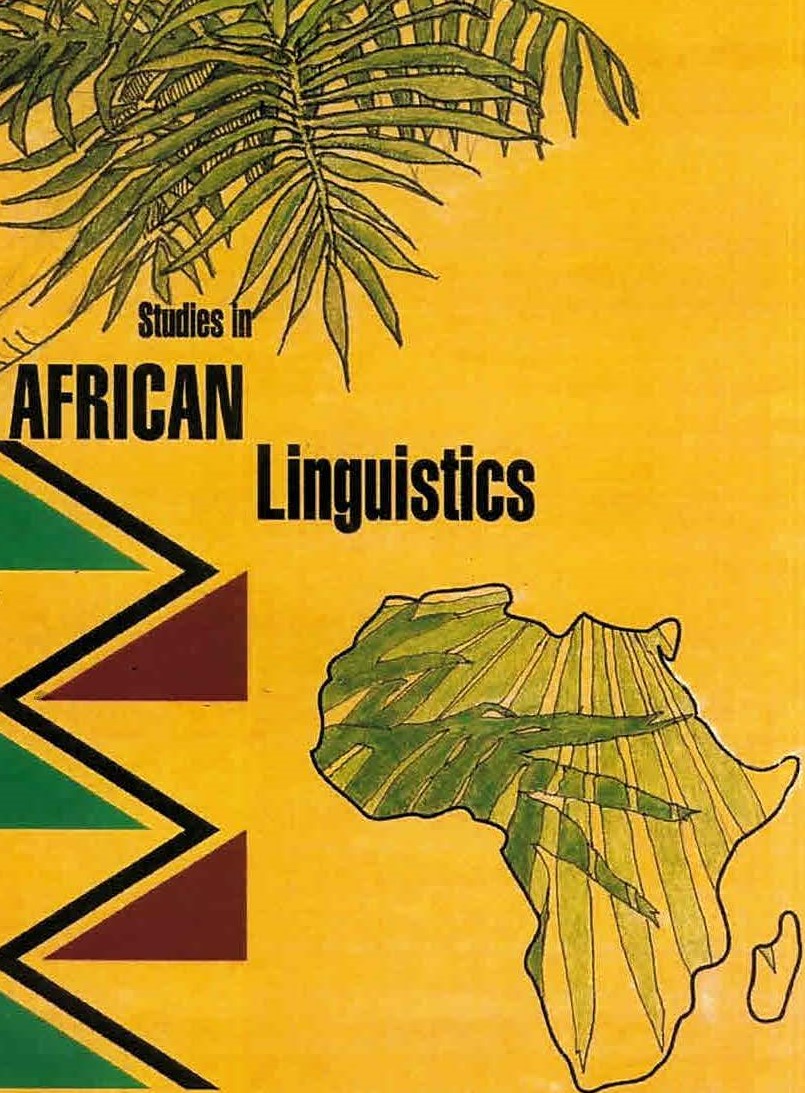A corpus study of Swahili conditionals
DOI:
https://doi.org/10.32473/sal.v46i1.107248Palavras-chave:
conditional, Swahili, BantuResumo
In this paper I analyze Swahili conditional constructions via corpus analysis. Previous works on Swahili conditional markers categorize ki as a high possibility marker and ikiwa as a low possibility marker. In this corpus based study, I show that Swahili conditional markers cannot be imbued with specific pragmatic implicatures. Further, I extend the analysis to include the relationship between the protasis and apodosis and how this relationship impacts the choice of Swahili conditional markers. Qualitative and quantitative analysis of the results indicate that both ki and ikiwa may be used in conditionals with a high as well as neutral possibility of realization. However, the conditional conjunction ikiwa significantly differs from the ki conditional morpheme in the analysis based on the relationship between the protasis and apodosis. While ki is more frequently used in content and speech act conditionals, ikiwa is more frequently used in epistemic conditionals. The study is also extended to include the Swahili subjunctive morphemes nge, used in conditionals with a low possibility of realization (hypotheticals) as well as counterfactuals, and ngeli/ngali, predominantly used in counterfactuals.Downloads
Publicado
2017-06-01
Edição
Seção
Articles
Licença
Copyright (c) 2017 Mohamed Mwamzandi

Este trabalho está licenciado sob uma licença Creative Commons Attribution-NonCommercial 4.0 International License.
Authors retain copyright and grant the journal right of first publication


